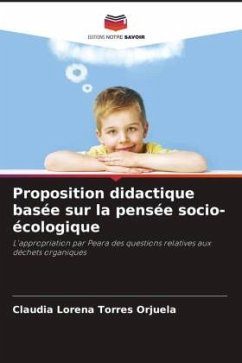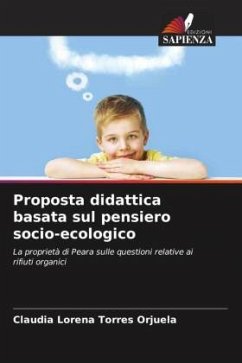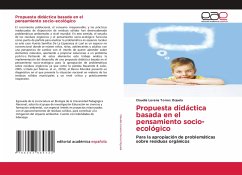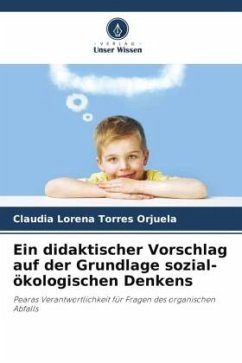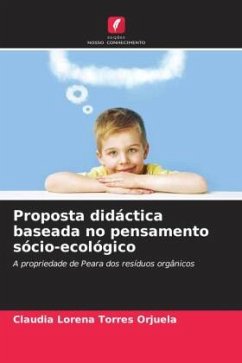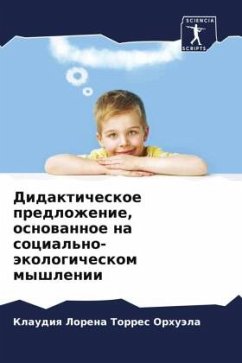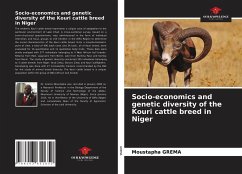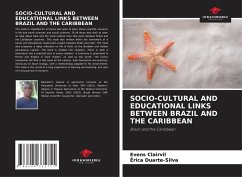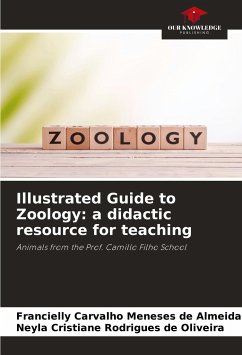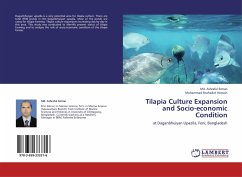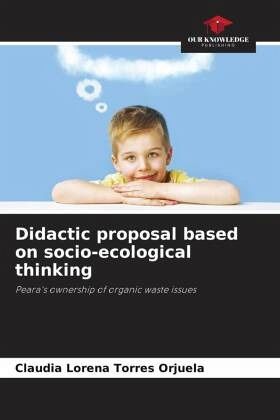
Didactic proposal based on socio-ecological thinking
Peara's ownership of organic waste issues
Versandkostenfrei!
Versandfertig in 6-10 Tagen
40,99 €
inkl. MwSt.

PAYBACK Punkte
20 °P sammeln!
Population growth, irresponsible consumption, and inadequate solid waste disposal practices have triggered environmental problems worldwide. In this sense, the study of organic waste and socio-ecological thinking works as a starting point to analyze the problem in local spaces, in this case Huerta Semillas De La Esperanza, which is a non-conventional space where children, adolescents and adults meet with a perspective of change with the interest of wanting to learn about natural elements, contributing to promote solutions to a public problem. Based on these elements, this work analyzes the imp...
Population growth, irresponsible consumption, and inadequate solid waste disposal practices have triggered environmental problems worldwide. In this sense, the study of organic waste and socio-ecological thinking works as a starting point to analyze the problem in local spaces, in this case Huerta Semillas De La Esperanza, which is a non-conventional space where children, adolescents and adults meet with a perspective of change with the interest of wanting to learn about natural elements, contributing to promote solutions to a public problem. Based on these elements, this work analyzes the implementation of the development of a didactic proposal based on socio-ecological thinking for the appropriation of organic waste issues since, as stated by Navarrete & León, 2005, (cited by Macías. et al., 2018), the World Bank presented a diagnosis in which it presents the national situation regarding municipal solid waste at a critical and practically inoperative level.



